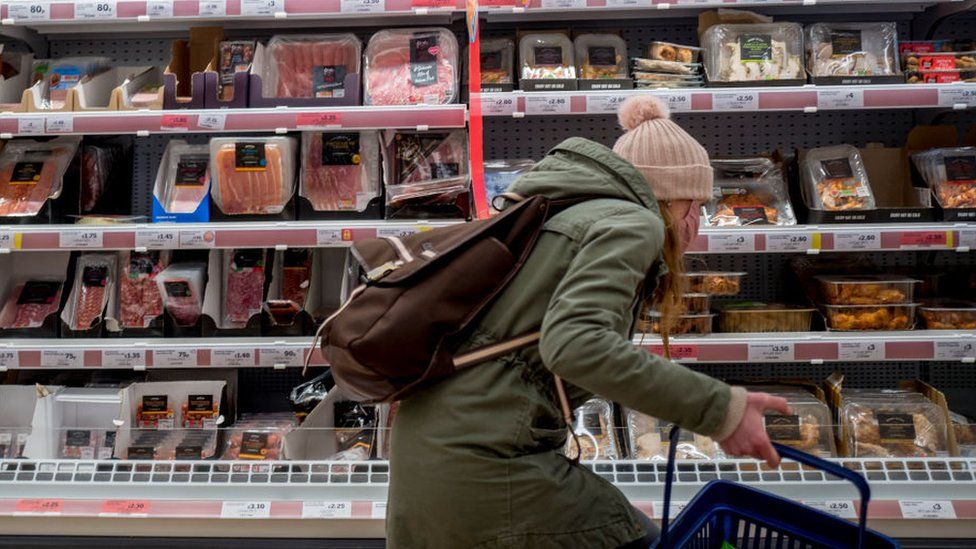According to Sainsbury's CEO, food prices are not rising as quickly as they once did, which has increased the amount of merchandise that consumers are purchasing.
The value of the goods sold by Sainsbury's increased by almost 10% in April, May, and June.
According to Simon Roberts, chief executive of Sainsbury's, the good weather over Easter, the Coronation, and the bank holidays was partially to blame.
However, he added, customers could also see that Sainsbury's had kept its prices low.
Despite an increase in food prices overall, prices for the top 100 grocery items are now lower than they were in March, according to Mr. Roberts.
Mr. Roberts declared that the fight against inflation was receiving all of his attention and energy, and he added that food inflation was "starting to fall".
Food inflation is declining, which means prices are still rising but more slowly than before.
Food prices have increased significantly over the past year, but some wholesale prices have decreased recently, and supermarkets have been charged with maintaining prices higher than necessary, hurting consumers' wallets.
Sainsbury's has defended its track record by asserting that prices have been kept as low as possible, including price reductions on essentials like bread, butter, milk, and toilet paper.
When comparing the value of the goods sold, Sainsbury's sold 11 percent more groceries in the three months from April to June than it did during the same time last year.
However, the grocery store chain claimed that, as measured by volume, customers were also purchasing more groceries.
Changes to Sainsbury's Nectar loyalty program, according to the retailer, have also generated "strong momentum.". In April, Sainsbury's introduced Nectar pricing, a program that works similarly to Tesco's Clubcard loyalty program by offering members discounts off the standard price that is charged to non-members.







